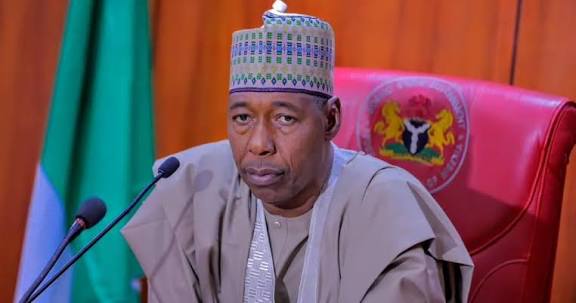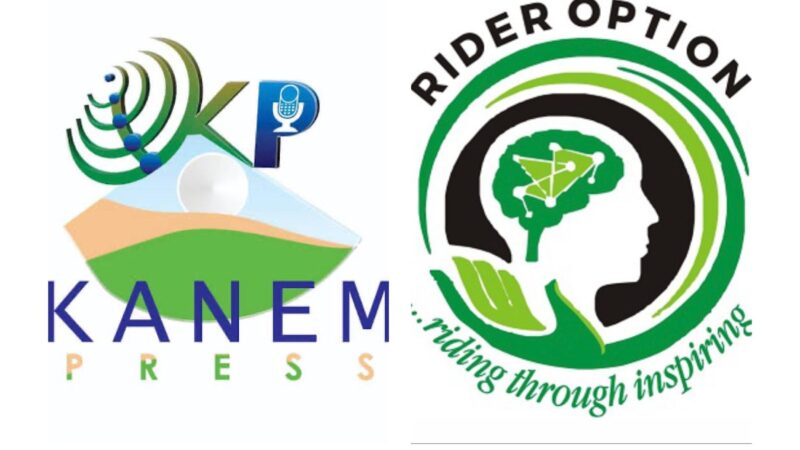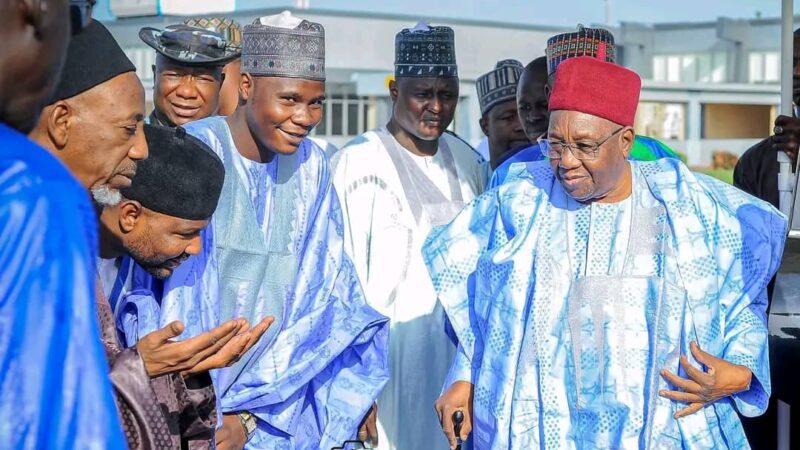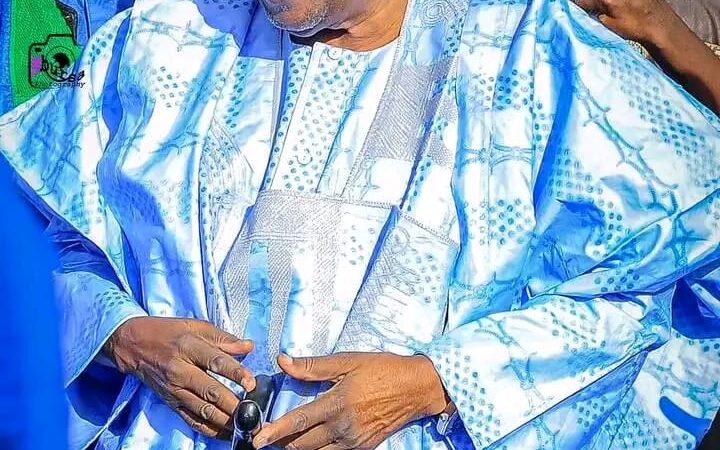Zulum Urges Comprehensive, Regional Approach to Tackle Sahel Crisis at 5th Aswan Forum

By Kasim Isa Muhammad
Kanempress News
21st OOctober 2025
The governor made the call on Sunday while delivering a keynote address during a roundtable session at the 5th Aswan Forum for Sustainable Peace and Development held in Aswan, Egypt.
Speaking from the experience of Borno State — the epicentre of the Boko Haram insurgency in the Lake Chad Basin — Zulum argued that military force alone cannot end the crisis. He stressed the need for a balanced approach that simultaneously tackles the underlying causes of instability.
“The crises of insecurity, terrorism, and displacement in the Sahel cannot be resolved through military means alone,” Zulum said. “We must go beyond the battlefield. A coordinated strategy that blends security, development, and humanitarian efforts is urgently required.”
He further underscored the importance of regional cooperation, noting that extremist and criminal groups operate freely across national borders, and therefore, the response must also be transnational in nature.
“In dealing with the Sahel, we cannot focus on just a few countries,” he added. “We need to adopt a broader view of the region as outlined in the United Nations Strategy, which encompasses 10 countries, including Mauritania, Gambia, and Guinea. Stronger collaboration among all Sahel nations is essential.”
Beyond security measures, the governor highlighted the need for greater investment in socio-economic development. He identified poverty, lack of education, and climate change-induced hardship as major factors fueling recruitment into extremist groups.
“For the past 15 years, Borno State has witnessed numerous interventions, but humanitarian aid alone is not sustainable,” Zulum explained. “Many donor and partner organisations focus on short-term relief. What we truly need are long-term, sustainable development solutions. Without development, there can be neither peace nor security.”
The roundtable session also featured high-level African leaders, including Dr. Badr Abdelatty, Egypt’s Minister of Foreign Affairs, Emigration, and Egyptian Expatriates; Abdoulaye Diop, Mali’s Minister of Foreign Affairs, International Cooperation, and African Integration; and Karamoko Jean-Marie Traoré, Burkina Faso’s Minister of Foreign Affairs, Regional Cooperation, and Burkinabé Abroad.




